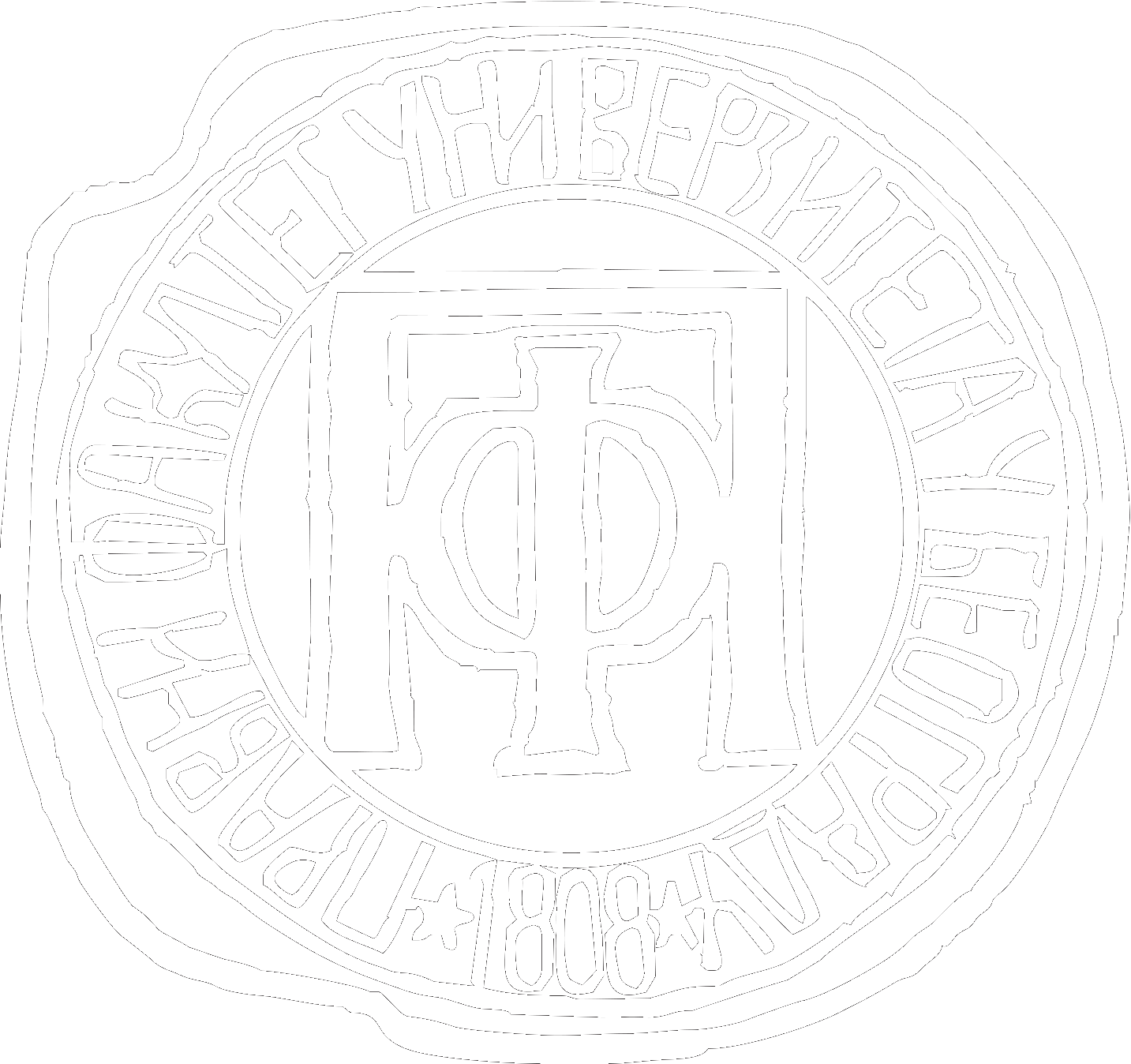Criminal offense of forced marriage in international criminal law
DOI:
https://doi.org/10.5937/crimen2401119RKeywords:
forced marriage; other inhumane acts; permanent International Criminal Court; Special Court for Sierra Leone; Extraordinary Chambers in the Courts of CambodiaAbstract
During armed conflicts in some countries, it became a common practice for fighters to force women to serve as wives. Although there is usually no official conclusion of marriage, in this way a relationship is created that is in many ways similar to a conjugal relationship. In a forced marriage, "wives" were expected to maintain regular sexual relations with their "husbands", but also to perform housework, get pregnant, take care of born children and their "husbands". Having this practice in mind, the Prosecutor before the Special Court for Sierra Leone determined this behavior as forced marriage and qualified it as other inhuman acts within the framework of crimes against humanity. This opened the door for a lot of legal problems related to the "new" crime. Namely, the question arose as to what the criminal act of forced marriage entails, i.e. what is the actus reus of this criminal act. Then, what is the difference between forced marriage and some other acts of crimes against humanity that are similar to it, such as, for example, sexual slavery. And finally, is forced marriage an act that is similar in its character to other acts of crime against humanity, so that it could be classified as other inhumane acts. The paper analyzes the etiological-phenomenological dimension of forced marriages in Cambodia, Sierra Leone and Uganda. After that, decisions of Extraordinary Chambers in the Courts of Cambodia, Special Court for Sierra Leone and permanent International Criminal Court are analyzed regarding all disputed issues related to forced marriage: the status of this act in international criminal law, the relationship with other similar international criminal offenses and the concept of forced marriage. Finally, proposals de lege ferenda are presented regarding the definition of forced marriage and its explicit prescription in international criminal law.
Downloads
References
Frulli, M. 2008. "Advancing International Criminal Law – The Special Court for Sierra Leone Recognizes Forced Marriage as a 'New' Crime against Humanity." Journal of International Criminal Justice 6 (6): 1033–42. https://doi.org/10.1093/jicj/mqn063.
Gekker, E. 2014. "Rape, Sexual Slavery, and Forced Marriage at the International Criminal Court: How Katanga Utilizes a Ten-Year-Old Rule but Overlooks New Jurisprudence." Hastings Women’s Law Journal 25 (1): 105–34.
Gong-Gershowitz, J. 2009. "Forced Marriage: A 'New' Crime Against Humanity?" Northwestern Journal of International Human Rights 7 (2): 53–76.
Maloney, K., O’Brien, M., and Oosterveld, V. 2023. "Forced Marriage as the Crime Against Humanity of ‘Other Inhumane Acts’ in the International Criminal Court’s Ongwen Case." International Criminal Law Review 23 (1): 1–26. https://doi.org/10.1163/15718123-bja10157.
O’Brien, M. 2015. "‘Don’t Kill Them, Let’s Choose Them as Wives’: The Development of the Crimes of Forced Marriage, Sexual Slavery and Enforced Prostitution in International Criminal Law." The International Journal of Human Rights 19 (1): 1–21.
O’Brien, M. 2022. "Gender Dimension of Forced Marriage in International Criminal Court." In Gender and International Criminal Court, edited by I. Rosenthal, V. Oosterveld, and S. SáCouto, 1–38. Oxford Academic.
Ristivojević, B. 2011. "O zaštitnom objektu zločina protiv čovečnosti: novo ruho međunarodnog prava o ljudskim pravima." Crimen 1 (2): 52–66.
Scharf, M., and Mattler, S. 2005. "Forced Marriage: Exploring the Viability of the Special Court for Sierra Leone’s New Crime Against Humanity." Case Research Paper Series in Legal Studies, Western Reserve University, October, 1–24.
Taylor, L. 2003. "‘We’ll Kill You If You Cry’ – Sexual Violence in Sierra Leone Conflict." Human Rights Watch.
Ранђеловић, В. 2023. "Кривично дело принудног закључења брака у законодавству Србије са освртом на решења у земљама ЕУ и међународном кривичном праву." In Усклађивање правног система Србије са стандардима Европске уније, 387–404.

Downloads
Published
How to Cite
Issue
Section
License
Copyright (c) 2024 Višnja Ranđelović

This work is licensed under a Creative Commons Attribution 4.0 International License.
The authors retain copyright and grant the journal the right of first publication, allowing others to share the work with proper attribution to the authors and acknowledgment of its original publication in this journal.










